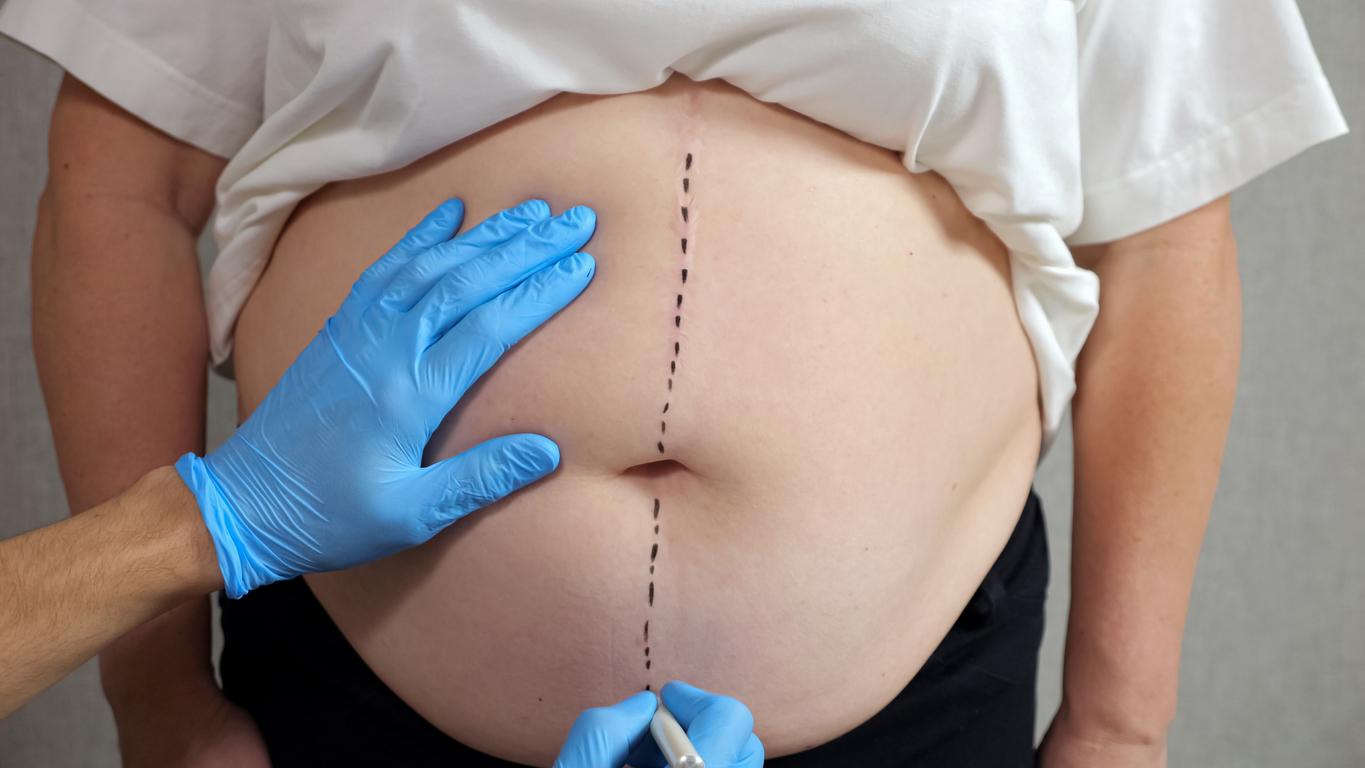HAS points out that bariatric surgery is not indicated in all situations of obesity.

- In France, 4% of children and adolescents aged 6-17 and 17% of adults are obese.
- Faced with this major public health issue, the HAS has updated its recommendations concerning the care of people suffering from obesity.
- Experts specify in particular that bariatric surgery should only be considered as a last resort.
While we have observed an increase in the number of bariatric surgeries in France in recent years, the High Authority for Health (HAS) reminds that this practice should not be automatic in the care of people suffering from obesity.
Obesity: “bariatric surgery should not be performed in children”
“It must be used as a last resort and must not be practiced in children, except in exceptional cases,” specifies the institution in a press release. “It involves preparation of at least six months, specific regular monitoring after the intervention and lifelong monitoring of the state of health, while maintaining changes in lifestyle habits,” she explains. “Today only 50% of operated patients benefit from a two-year follow-up. After five, ten, fifteen years, this percentage decreases,” she laments.
In France, 4% of children and adolescents aged 6 to 17 and 17% of adults are obese. By including overweight, this prevalence increases to 17% and 49% respectively. Obesity is almost four times more common among socially disadvantaged people, and more so among women. This complex chronic disease has a significant impact on quality of life, causes other pathologies and reduces life expectancy.
Obesity: new recommendations regarding treatment
Faced with this major public health issue, the HAS has updated its recommendations concerning the care of people suffering from obesity. Experts indicate in particular that:
– changing lifestyle habits constitutes the first modality of care, whatever the complexity of the situation: diet, daily physical activity, sedentary lifestyle, rhythms of life, etc.
– This support must be co-constructed with the patient and adapted to their situation by anticipating possible psychological, social, professional or academic difficulties.
– Therapeutic education sessions led by health professionals and resource patients can be offered upon diagnosis of overweight or obesity.
– Psychological or even psychiatric support can also be implemented if necessary. Objectives: train the patient, (re)give him confidence and facilitate his commitment to the care project.
HAS also invites health professionals to “avoid any disruption in care, particularly if obesity leads to other illnesses”.

Obesity: “it is essential to adopt a non-judgmental posture”
“Through this course, we offer solutions to prevent and support situations of stigma and self-stigma that may be reported. This involves raising awareness among professionals,” adds Professor Lionel Collet, president of HAS.
“We know that a simple look can sometimes affect the doctor-patient relationship, as can the choice of words and the environment in which it is received. It is essential to adopt a posture of non-judgment and listening to -with regard to people who are overweight or obese, I am thinking in particular of adolescents. The commitment of patients in their care depends on it”, he concludes.
















